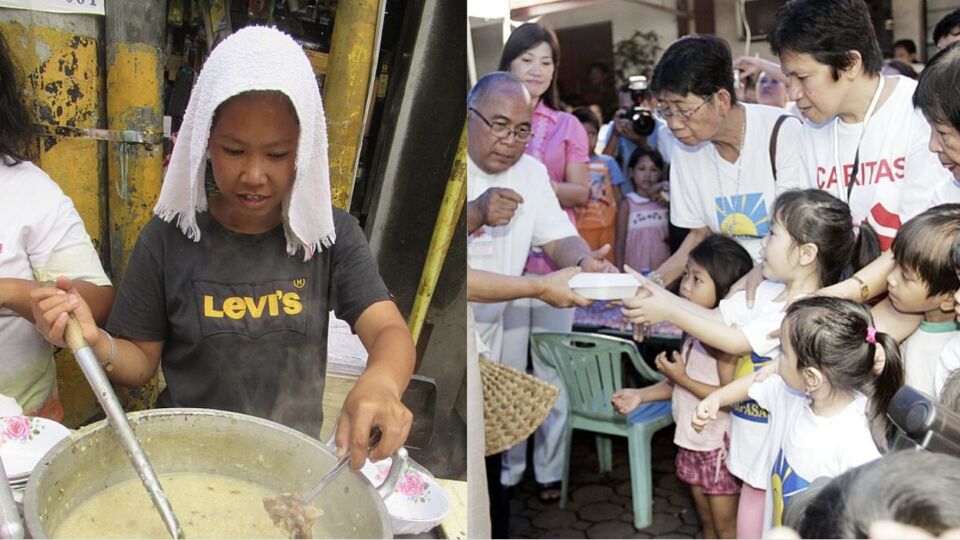President Ferdinand Marcos Jr. has granted approval for the pilot launch of a food stamp program under the Department of Social Welfare and Development (DSWD).
The announcement was made by Daphne Oseña-Paez, the Malacañang press briefer, on Tuesday.
The program’s pilot phase will commence with a total funding of US$3 million from international organizations such as the Asian Development Bank (ADB), Japan International Cooperation Agency, and the French Development Agency. Welfare and Development Secretary Rex Gatchalian stated that these grants would support the initial implementation of the program.
The pilot phase is set to begin shortly after receiving the president’s endorsement and will run for a period of six months. It aims to assist around 3,000 families in specific areas, including the Bangsamoro Autonomous Region in Muslim Mindanao (BARMM), a local government unit in Caraga, and an undisclosed mountain or island municipality.
President Marcos Jr. tasked the Department of Health (DOH) to evaluate the nutritional value of the food provided through the food stamp program. Recently appointed health secretary Ted Herbosa said the DOH will collaborate with the National Nutrition Council and the Food Nutrition Research Institute.
Secretary Herbosa also stressed the need for an objective assessment of progress among beneficiaries who may be experiencing stunted growth and malnutrition. Acknowledging that hunger and poverty are subjective concepts, the DOH has been working closely with the DSWD to establish clear parameters for assessing and addressing stunting and malnutrition. These parameters include measuring weight, height, arm circumference, and other medical indicators.
In addition to the goal of assisting one million food-poor families upon full implementation, President Marcos Jr. has directed the DSWD to extend support to single parents, as well as pregnant and lactating women, through the program. Secretary Gatchalian highlighted the president’s commitment to addressing the stunting crisis in the country and emphasized the importance of the “first 1,000 days program” outlined in the “Kalusugan at Nutrisyon ng Mag-Nanay Act,” which was signed into law by former President Rodrigo Duterte in 2018.
According to data provided by the DOH, stunting affects 21.6 percent of children below two years old and 28.7 percent of children under the age of five. Secretary Herbosa said he aims to reduce these rates by half by the end of the Marcos Jr. administration in 2028.
Both the DSWD and DOH chiefs emphasized the president’s vision of integrating the government’s various feeding and nutrition programs into a comprehensive network, avoiding duplication of efforts. This strategic integration aims to address the pressing issue of stunting comprehensively.
Secretary Gatchalian remarked, “The issue of stunting is of utmost importance and critical to address if we are to invest in human capital.”
Secretary Herbosa echoed this sentiment, stating, “The President envisions a holistic approach to address hunger and poverty without duplication. Our proposal is to adopt a unified ‘life stages’ approach, beginning with pregnant women.”




